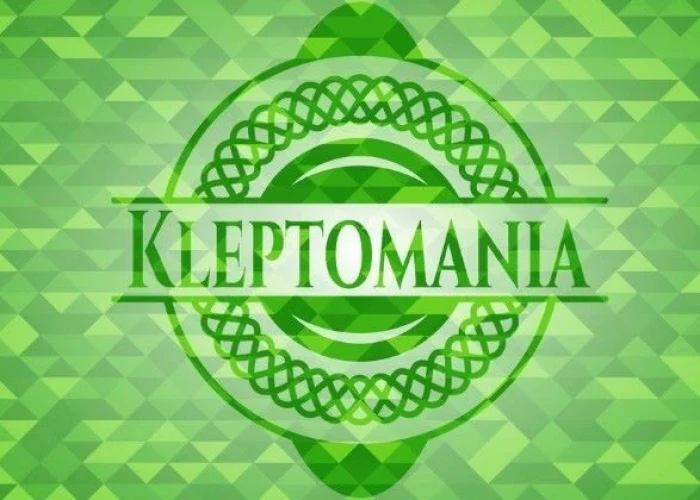 Welcome
Welcome
“May all be happy, may all be healed, may all be at peace and may no one ever suffer."
Kleptomania
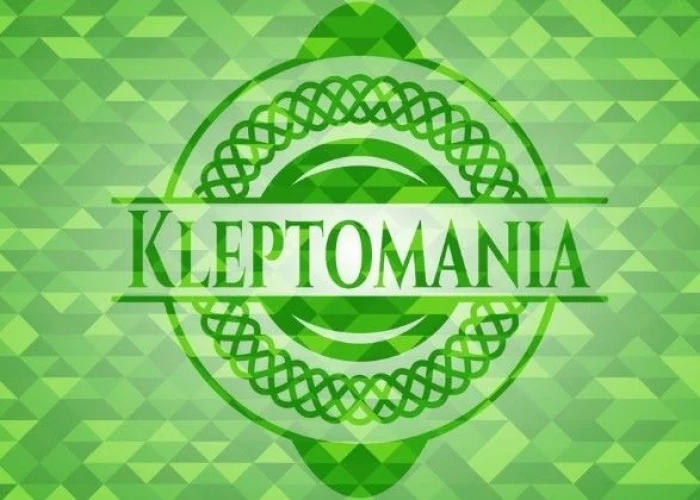
Kleptomania is a mental disorder characterized by an irresistible urge to steal objects that are not needed for personal use or monetary gain. People with kleptomania experience a sense of tension or anxiety prior to stealing, and a sense of relief or pleasure after the theft. However, they often feel guilty, ashamed, or remorseful about their behavior.
Kleptomania is a rare disorder and its causes are not well understood. It is often associated with other mental health conditions such as depression, anxiety, obsessive-compulsive disorder (OCD), and substance abuse.
Treatment for kleptomania typically involves psychotherapy, such as cognitive-behavioral therapy (CBT), to address underlying emotional and psychological issues. Medications such as selective serotonin reuptake inhibitors (SSRIs) may also be used to reduce the compulsive urges to steal. In some cases, support groups or self-help programs may also be beneficial.
Research Papers
Disease Signs and Symptoms
- Feeling increased tension, anxiety or arousal leading up to the theft
- Feeling terrible guilt, remorse, self-loathing, shame or fear of arrest after the theft
- Return of the urges and a repetition of the kleptomania cycle
- They steal simply because the urge is so powerful that they can't resist it.
- Most people with kleptomania steal from public places, such as stores and supermarkets.
- Some may steal from friends or acquaintances, such as at a party.
- Often, the stolen items have no value to the person with kleptomania, and the person can afford to buy them.
- Urges to steal may come and go or may occur with greater or lesser intensity over the course of time.
- Desire to steal
Disease Causes
Kleptomania
The cause of kleptomania is not known. Several theories suggest that changes in the brain may be at the root of kleptomania. More research is needed to better understand these possible causes, but kleptomania may be linked to:
- Problems with a naturally occurring brain chemical (neurotransmitter) called serotonin. Serotonin helps regulate moods and emotions. Low levels of serotonin are common in people prone to impulsive behaviors.
- Addictive disorders. Stealing may cause the release of dopamine (another neurotransmitter). Dopamine causes pleasurable feelings, and some people seek this rewarding feeling again and again.
- The brain's opioid system. Urges are regulated by the brain's opioid system. An imbalance in this system could make it harder to resist urges.
Disease Prevents
Kleptomania
Because the cause of kleptomania isn't clear, it's not yet known how to prevent it with any certainty. Getting treatment as soon as compulsive stealing begins may help prevent kleptomania from becoming worse and prevent some of the negative consequences.
Disease Treatments
Although fear, humiliation or embarrassment may make it hard for you to seek treatment for kleptomania, it's important to get help. Kleptomania is difficult to overcome on your own. Without treatment, kleptomania will likely be an ongoing, long-term condition.
Treatment of kleptomania typically involves medications and psychotherapy, or both, sometimes along with self-help groups. However, there's no standard kleptomania treatment, and researchers are still trying to understand what may work best. You may have to try several types of treatment to find what works well for you.
Medications
There's little scientific research about using psychiatric medications to treat kleptomania. And there is no FDA-approved medication for kleptomania. However, certain medications may help, depending on your situation and whether you have other mental health disorders, such as depression or substance misuse.
Your doctor may consider prescribing:
- An addiction medication called naltrexone, an opioid antagonist, which may reduce the urges and pleasure associated with stealing
- An antidepressant — specifically a selective serotonin reuptake inhibitor (SSRI)
- Other medications or a combination of medications
If medication is prescribed, ask your doctor, mental health professional or pharmacist about potential side effects or possible interactions with any other medications.
Psychotherapy
A form of psychotherapy called cognitive behavioral therapy helps you identify unhealthy, negative beliefs and behaviors and replace them with healthy, positive ones. Cognitive behavioral therapy may include these techniques to help you control kleptomania urges:
- Covert sensitization, in which you picture yourself stealing and then facing negative consequences, such as being caught
- Aversion therapy, in which you practice mildly painful techniques, such as holding your breath until you become uncomfortable, when you get an urge to steal
- Systematic desensitization, in which you practice relaxation techniques and picture yourself controlling urges to steal
Avoiding relapses
It's not unusual to have relapses of kleptomania. To help avoid relapses, be sure to stick to your treatment plan. If you feel urges to steal, contact your mental health professional or reach out to a trusted person or support group.
Disease Diagnoses
Disease Allopathic Generics
Disease Ayurvedic Generics
Disease Homeopathic Generics
Disease yoga
Kleptomania and Learn More about Diseases

Herniated disk
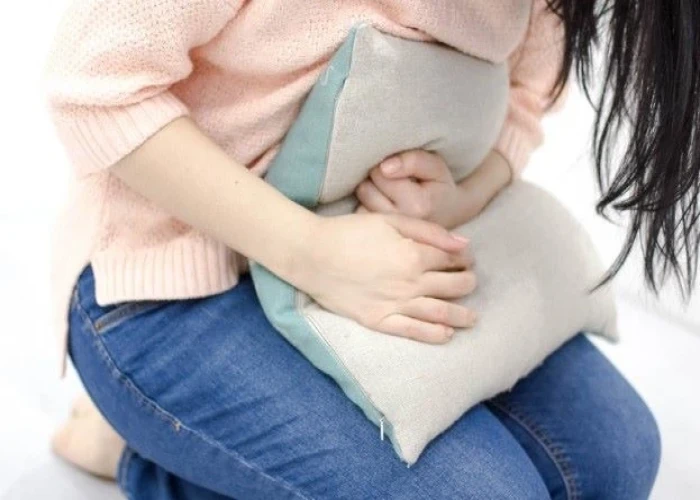
Mittelschmerz
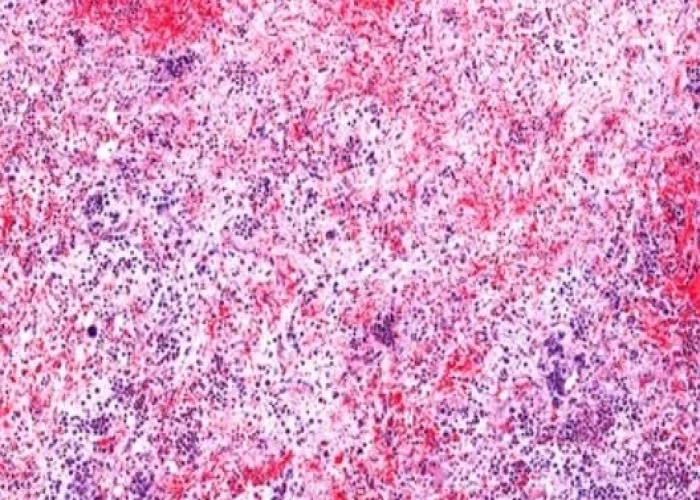
Myelofibrosis
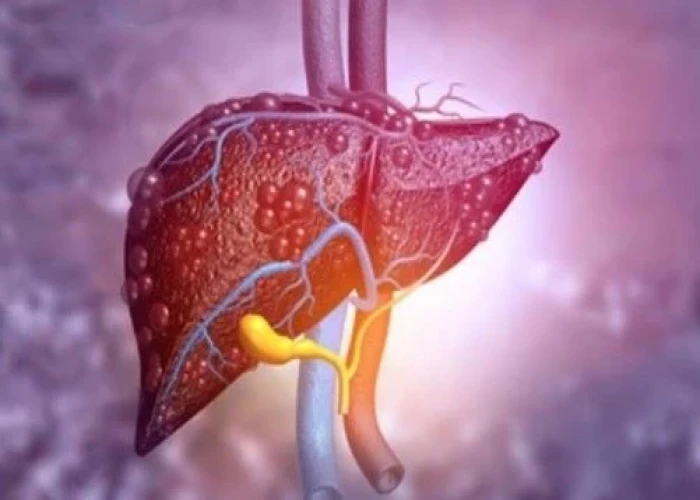
Primary sclerosing cholangitis
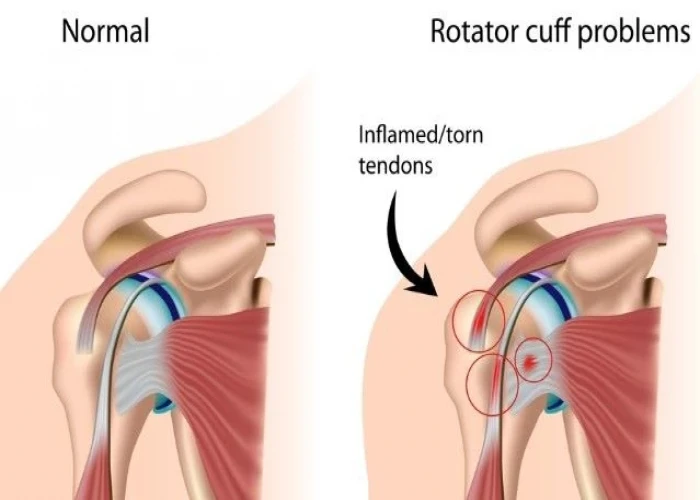
Rotator cuff injury
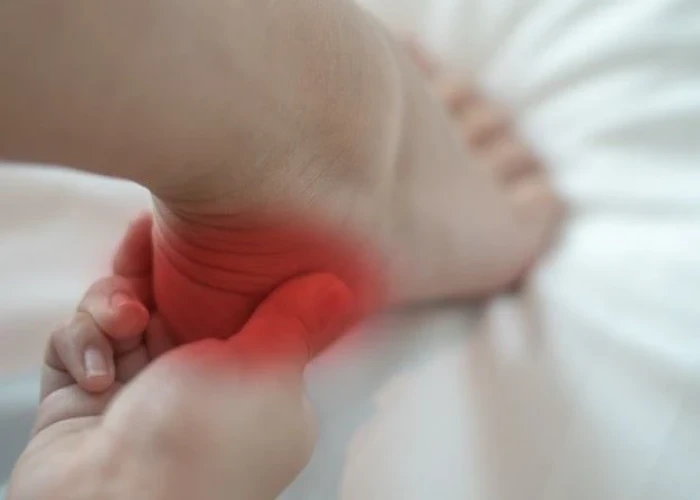
Paget's disease of bone
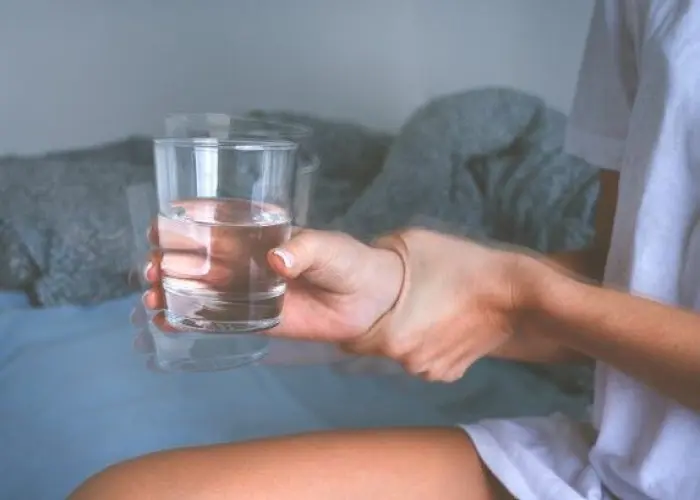
Essential tremor

Colic
kleptomania, ক্লিপটোম্যানিয়া
To be happy, beautiful, healthy, wealthy, hale and long-lived stay with DM3S.
